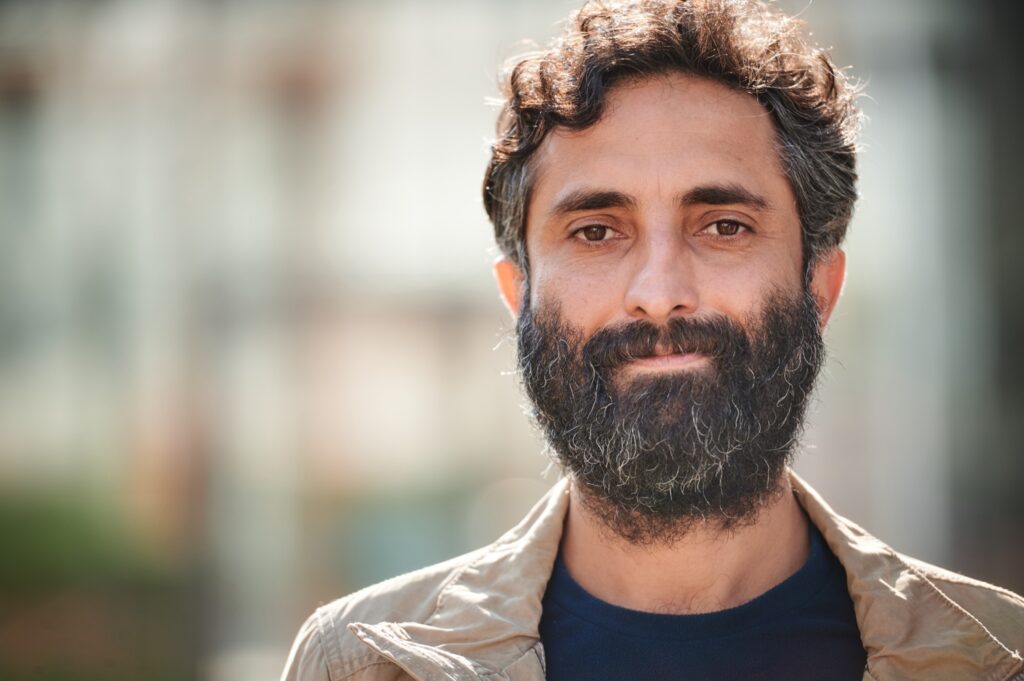An investigative journalist who exposed the extent of ongoing trade between Turkey and Israel amid the conflict in Gaza has said his reports are often not published by media outlets critical of the government because of the significant amount of self-censorship at play due to some of the more subtle tools wielded by the government, such as advertising bans.
Metin Cihan, who had to leave Turkey due to his reporting and has become a powerhouse of investigative journalism through his X account, raised questions about the apparent absence of his findings in Turkish media outlets that claim to be leaders in critical reporting.
Cihan’s investigations, involving highly sensitive issues such as the suspicious death of 11-year-old Rabia Naz Vatan, the alleged infiltration of the state apparatus by the pro-government Turkey Youth Foundation (TÜGVA) and the ongoing trade between Turkey and Israel that includes the inner circle of Turkish President Recep Tayyip Erdoğan despite the president’s anti-Israel rhetoric, have brought him to the forefront of critical journalism in Turkey.
ben öğrendim, size de anlatayım.
burada büyük etki yaratan bazı haberlerimin, medyada (özellikle bağımsız ve özgür olduğunu iddia eden haber sitelerinde) yer bulmamasını anlamlandırmakta zorlanıyordum. haber müdürü bir arkadaşıma sordum. gazetecilik tarzıma dair eleştirilere…
— metin cihan (@metcihan) March 7, 2024
Despite the importance of these stories, Cihan said on X that he has noticed media outlets deemed critical of the government consistently fail to report on them.
In conversations with media insiders, Cihan has uncovered a disturbing trend of self-censorship among news sites that benefit financially from government advertisements.
This financial dependence has led to an environment where editorial decisions are heavily influenced by the potential impact of publishing content that could result in legal action under Turkey’s broadly interpreted anti-terrorism laws.
“A single phone call can trigger terrorism charges a journalist, causing many publications to self-censor and avoid topics that could land them in hot water,” Cihan explained in a tweet.
The journalist went on to say that the risk of losing state advertising revenue and the immediate dismissal of journalists who are deemed responsible for the reporting that put the outlet in legal trouble have forced many media outlets to adopt a conservative editorial stance. Cihan’s reports are ignored not because they lack newsworthy content but because of the financial and legal risks associated with critical reporting.
Rights groups routinely accuse the Turkish government of trying to keep the press under control by imprisoning journalists, eliminating media outlets, overseeing the purchase of media brands by pro-government conglomerates and using regulatory authorities to exert financial pressure, especially after President Erdoğan survived a failed coup in July 2016.
Cihan’s accusations draw attention to a more subtle form of censorship that comes into play due to financial dependence. This, he argues, suppresses independent journalism and narrows the spectrum of critical discourse in the country.
According to Reporters Without Borders (RSF), 90 percent of the national media in Turkey, which was ranked 165th among 180 countries in the RSF’s 2023 World Press Freedom Index, is owned by pro-government businessmen and toe the official line.

